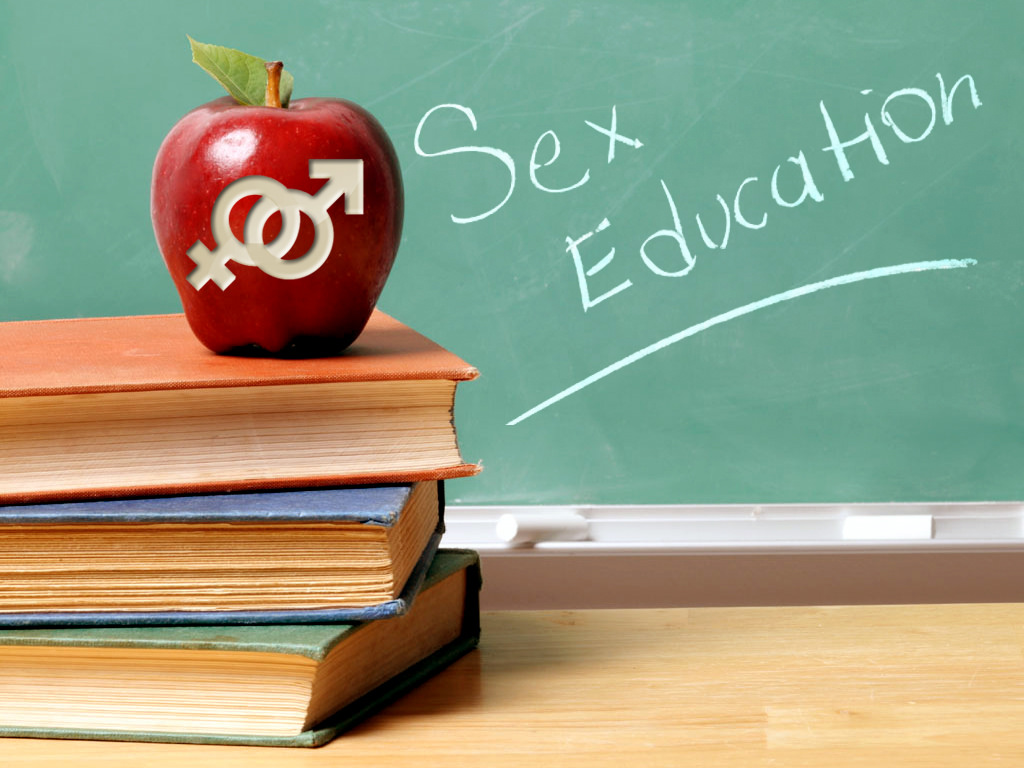CSR: Sex Education for Adolescents in India
Regards,
Related Articles
भारतीय रेलवे की नई क्रांति: 80 ट्रेनों में 1-2 घंटे में कोच सफाई, यात्रियों को मिलेगा VIP अनुभव
भारतीय रेलवे ने यात्रियों की सुविधा के लिए एक नई सफाई व्यवस्था शुरू करने का निर्णय लिया है। इस व्यवस्था के तहत, ट्रेन में...
Maharashtra Free School Bag for Students: गुड न्यूज! महाराष्ट्र में कक्षा 1 से 8 तक के छात्रों को मिलेगा फ्री स्कूल बैग
राज्य सरकार ने 165 करोड़ रुपये किए मंजूर
महाराष्ट्र सरकार ने सरकारी स्कूलों में पढ़ने वाले पहली से आठवीं कक्षा के छात्रों के लिए बड़ी...
Affordable Hostel for Working Women in UP: जल्द मिलेगा यूपी की महिलाओं को सुरक्षित छात्रावास, 4,000 कामकाजी महिलाओं को होगा सीधा लाभ
Affordable Hostel for Working Women in UP: उत्तर प्रदेश की कामकाजी महिलाओं के लिए बड़ी राहत की खबर है। शहरों में रोजगार की तलाश...


